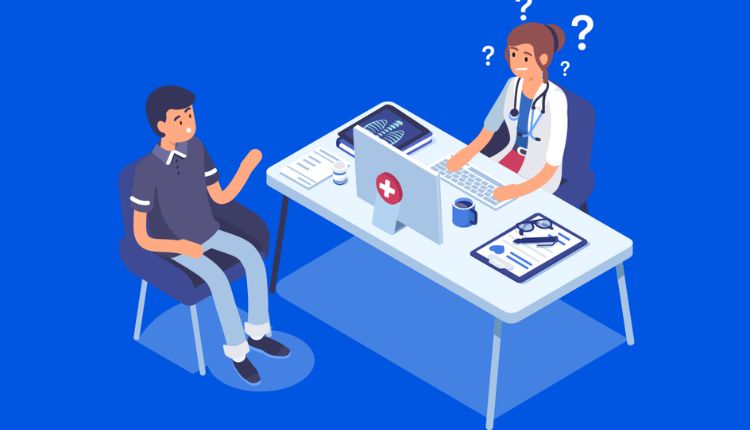Imagine this – you’re in Houston, TX, and an intense pain suddenly hits. You consider rushing to a Houston, TX emergency room. But wait. Is that the best choice? Perhaps your primary care doctor or an urgent care specialist would be better suited to help. The roles these healthcare providers play can vary greatly, and understanding these differences is crucial. Today’s blog post is all about distinguishing between urgent care specialists and primary care doctors, helping you make the right call when you’re in a bind.
What is a Primary Care Doctor?
A primary care doctor acts like your healthcare coach. They know your health history and your lifestyle, and they track your health progress over a long period. They manage your overall health, provide preventive care, treat common illnesses, and refer you to specialists when you need extra care.
What is an Urgent Care Specialist?
Now, think about an urgent care specialist. An urgent care specialist is a medical professional whom you see when you need immediate care for non-life-threatening conditions. They’re there for you during those unexpected moments. Think of minor burns, sprains, fractures, or a severe cold. Urgent care specialists provide a bridge when help is needed urgently, but it’s not a 911 emergency.
Differences Between the Two
Both these providers are critical in healthcare, but they serve different purposes. Here are three key differences:
- Continuity of Care: Your primary doctor provides continuity of care. They keep a record of your health history, monitor changes, and can provide personalized advice based on your past health conditions. Urgent care does not offer this continuity.
- Timing: For a regular check-up or non-emergency issue, you’re likely to see your primary care doctor during office hours. Urgent care centers, on the other hand, offer extended hours and are open on weekends and holidays.
- Range of Services: Primary care doctors offer a comprehensive range of services over time. They provide preventive care and manage chronic diseases. Urgent care centers focus more on immediate but non-life-threatening situations.
So, when the unexpected happens, make the choice that’s best for your situation. If it’s a true emergency, don’t hesitate! Head straight to the emergency room. But for acute, non-life-threatening issues, your best bet may be an urgent care specialist. And for ongoing health management and prevention, rely on your primary care doctor. Remember, the right care at the right time is essential for optimal health.










